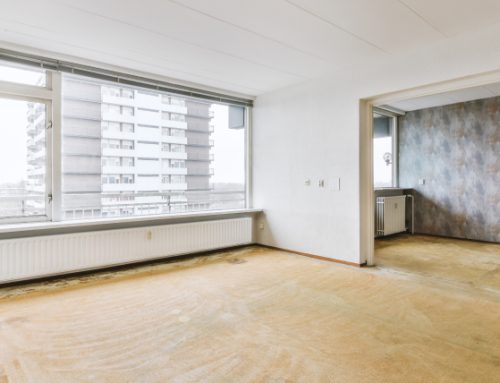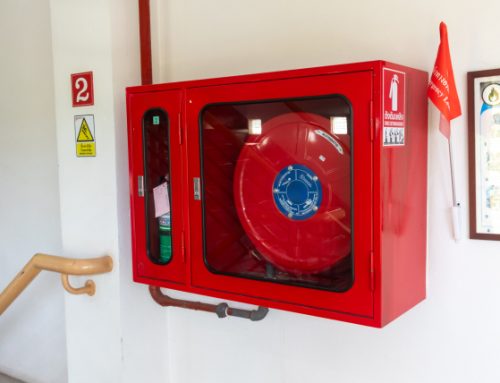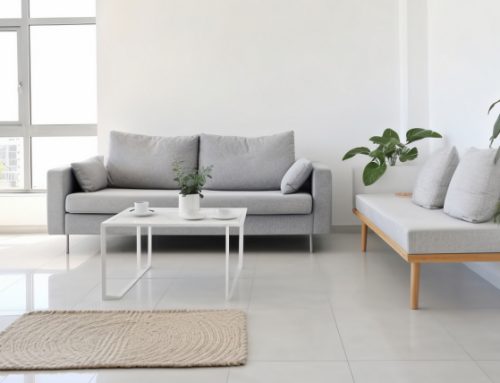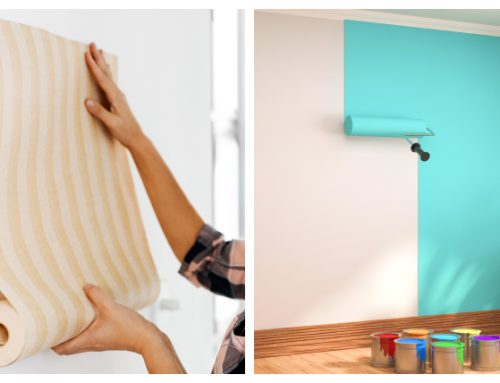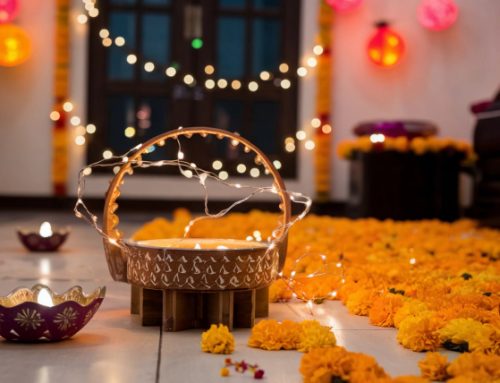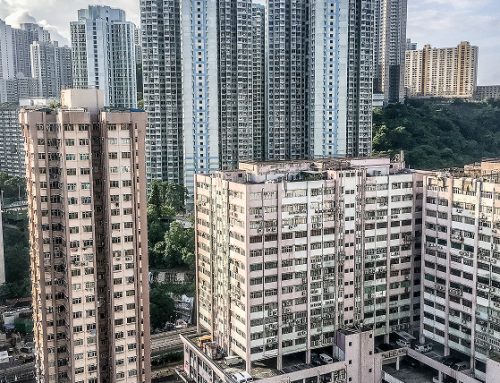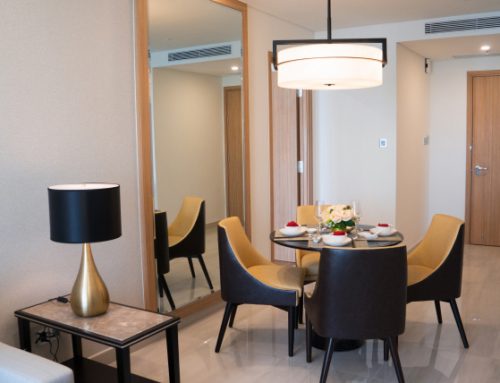Water-Proof Your Home
Water-Proofing Protects The Structure From Extreme Rainfall And Also Saves On Repair Cost And Hassle, In Terms Of Breakage And Weakening Of The The Structure.
Water Seepage And Dampness Can Also Pose Serious Health Hazards, As Dampness And Cracks Lead To The Growth Of Fungus, Moulds And Algae. Dampness Can Cause Home Owners To Develop Allergic Reactions, Asthma, Irritations In The Nose, Eyes And Throat And Other Respiratory Ailments, Cautions Sanjay Bahadur, Global CEO, Construction Chemical Division, Pidilite Industries Ltd. These Problems Can Be Avoided, If A Little Precaution Is Taken. “Different Surfaces Are Exposed To Diverse Challenges. Hence Each Surface Needs The Right Kind Of Water-Proofing. Merely Water-Proofing The Roof, Is Not Enough To Ensure A Leak-Free Home. The Home Will Be Fully Protected, Only When All Five Possible Areas For Water Entry – Below The Ground, Internal Wet Areas (Bathroom, Kitchens And Balconies), Roof, Concrete Water Tanks And Exterior Walls – Are Properly Water-Proofed. All Broken Plasters And Cracks Should Also Be Repaired,” Adds Bahadur.
Check The Surrounding Area Of The Building
Prior To The Monsoon, Also Check The Surrounding Area Of The Building Compound, Or The Garden Area Of The Bungalow. “Check If Any Tree Branches In The Garden Or Terrace Are Weak And Need Trimming, Lest They Give Way In A Heavy Downpour And Cause Damage. Make Sure That The Drainage In The House Or Even Outside The Villa Is Checked For Blockages. Metal Doors, Frames And Grills Of Windows And Balconies Should, Ideally, Be Given A Coat Of Paint Before The Monsoon, To Prevent Rusting And Corrosion,” Says Prachi Chavarkar, Co-Founder Of ArchiLab Designs.
“Water And Electricity Is A Dangerous Combination. For Outdoor Usage, Opt For Electrical Switches And Lights That Are Designed For External Usage. Also, Get An Electrician To Check All The Connections Before The Rains, To Avoid Chances Of Electric Shock Or Short-Circuit,” Adds Chavarkar.
Keep The Home Pest-Free
Puddles And Stagnant Water Are Common During The Monsoons. As Mosquitoes Breed In Stagnant Water, One Should Keep Areas Like Air-Conditioner Ducts, Drains, Trays Beneath Potted Plants, Etc., Clean And Dry. Clean The Terrace And Rainwater Drainage Pipes Of Dried Leaves, So That Water Can Flow Easily And Not Stagnate. Before Laying A Carpet On The Floor, Ensure That The Floor Is Completely Dry. Alternatively, Roll Them Up And Store Them Away For The Season. Vacuum And Air Them Well And Keep Camphor Balls Along With The Carpets, Before Putting Them Away.
“It Is Better To Do A Pest Control Treatment Before The Monsoon, So That All The Hidden Worms And Bugs Are Eradicated From The House. Use Antibacterial Fluids For Mopping The Floors, As Dampness Can Encourage The Growth Of Bacteria And Termites. Opt For A Cleaning Agent, Which Is Designed To Keep Bugs Away. Indoor Plants Not Only Add To The Moisture Level In The House But Also House Insects. Hence, Keep Potted Plants Outside During This Season,” Says Shantanu Garg, Founder And Creative Director Of Shantanu Garg Designs.
Caring For Furniture And Accessories During The Monsoon
When Cleaning Furniture, Avoid Using A Wet Cloth And Instead, Replace It With A Dry Cloth. “All Leather Bags, Belts And Shoes Should Be Kept In Cotton Or Muslin Bags, As This Will Keep Them New. Also, Instead Of Placing Footwear Directly On The Shelf, Place A Newspaper First And Then, Keep The Shoes On It. This Will Keep The Shoe Rack Clean,” Adds Garg.
Home Maintenance Tips For The Rainy Season
- To Get Rid Of The Damp Moist Smell In The Rainy Season, Use Scented Candles And Burning Oils.
- Ensure That The Clothes Are Completely Dry, Before Keeping It In The Wardrobes. Keep Silica Gel Pouches In Cupboards Or Between Clothes, To Soak Up The Moisture And Prevent The Growth Of Fungus. Also, Put Some Dried Neem Leaves (Not On The Clothes) Or Naphthalene Balls In The Cupboard, To Keep Fungus And Mildew Away.
- Keep The Kitchen Area Dry. When Cleaning The Cabinets, Keep Them Open For Some Time To Prevent Bad Odours And Moisture From Being Trapped Inside.
- Install Metal Canopies And Shades Over Windows And Balconies, To Prevent Water From Coming In.
- Place A Small Bucket Near The Main Door, To Keep Wet Umbrellas. Allow The Umbrella To Dry, Before Keeping It Back In Its Place Inside The House.
- Light A Few Pieces Of Camphor In A Diffuser As Camphor Is An Effective Mosquito Repellant.














